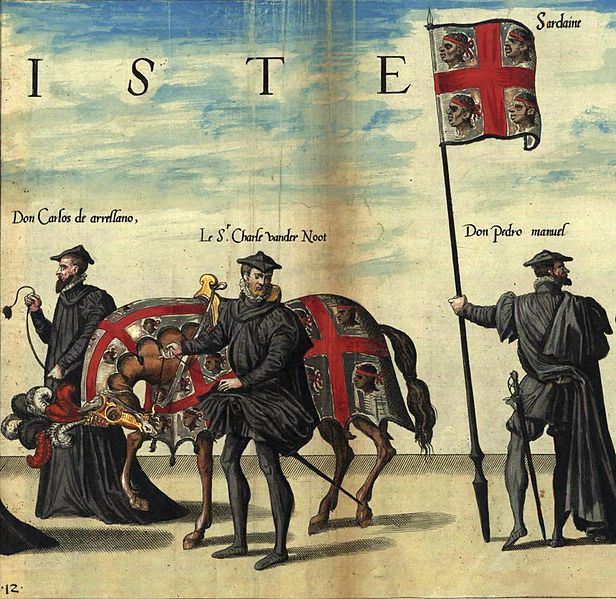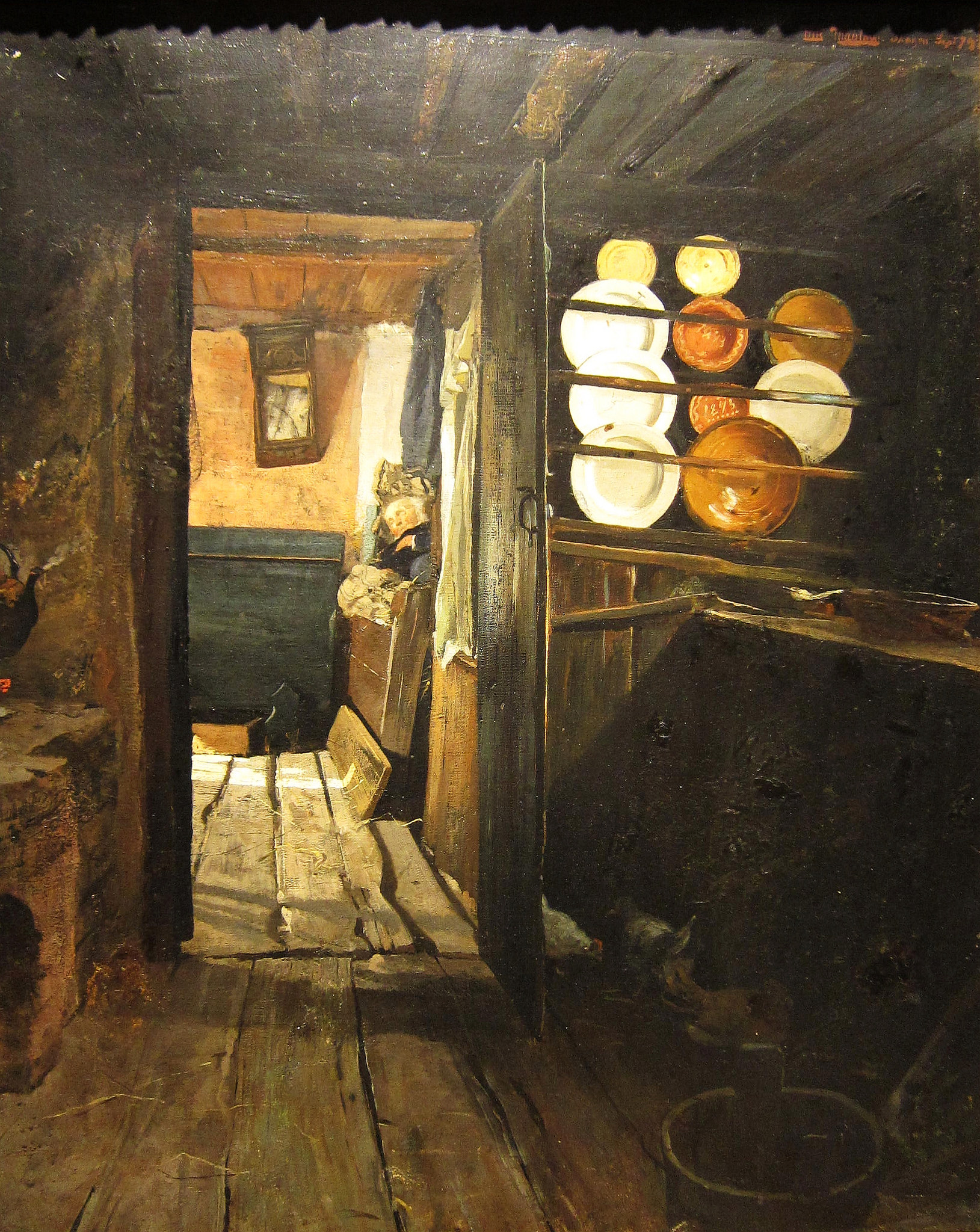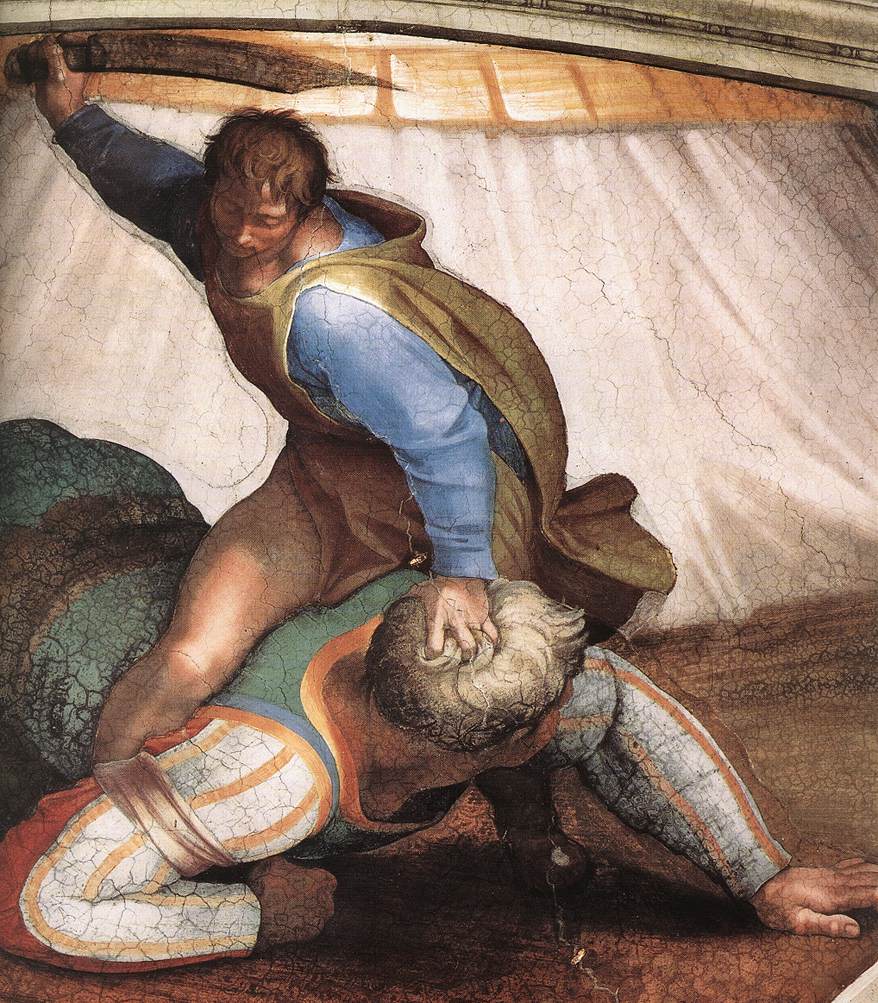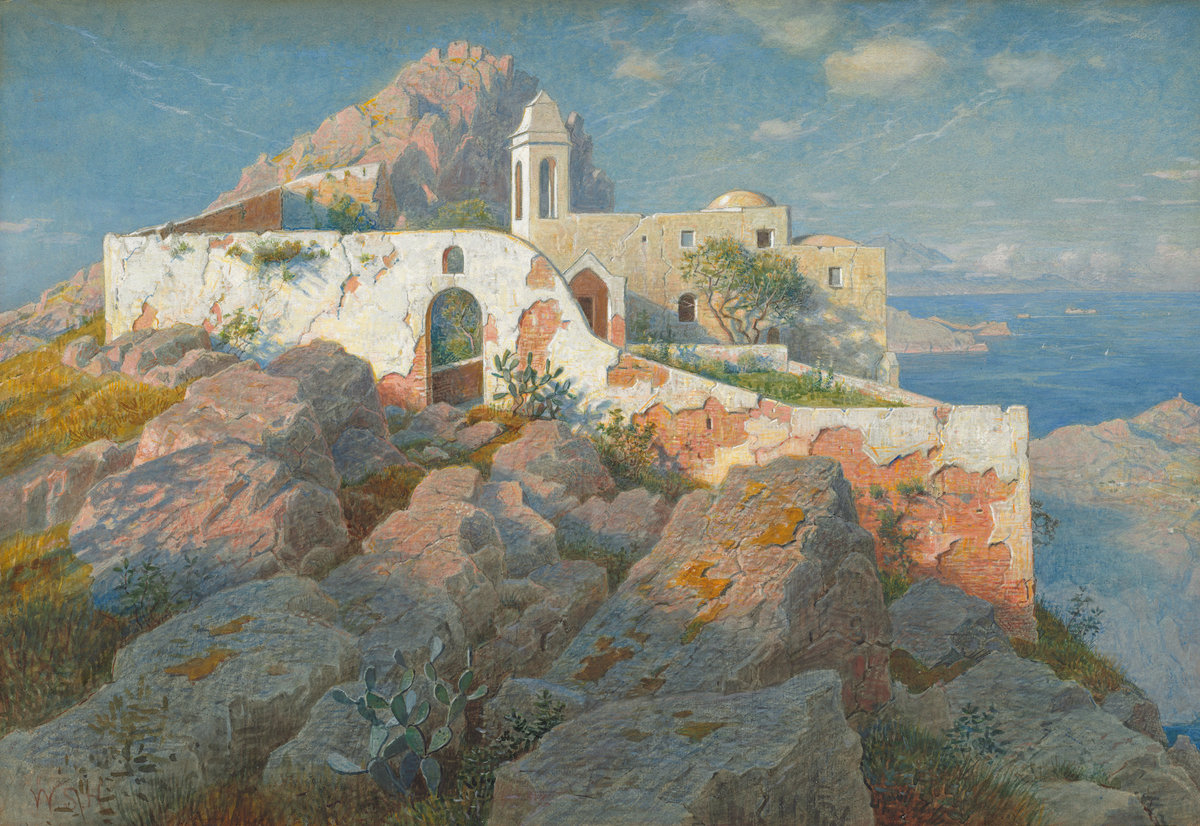
A portrait of the Cairo liberal as a military backer: “The loss of life is tragic. But I’m sorry to say that the Muslim Brotherhood invited this.”
On Saturday Egypt’s State Information Service released a statement chiding international news organizations for alleged bias towards the Muslim Brotherhood and disregard for the late-July mass anti-Morsi protests (via Robert Mackey).
As the wave of violence targeting churches and monasteries continues, Christian shops are marked — “yes to legitimacy, no to Sisi — before an attack.
James Traub attacks the Obama administration’s reaction to the killings in Egypt, and Daniel Larison writes that unless Obama cuts aid, he’ll “be seen as endorsing the coup and the crackdown.” Charles A. Kupchan disagrees, arguing that “rather than cajoling Cairo to hold elections and threatening to suspend aid if it does not, Washington should press the current leadership to adhere to clear standards of responsible governance.”
Foreign Policy reports on administration alumni denouncing Obama’s reaction, and how American hopes for a deal were undercut.
Matt Schiavenza asks why international reactions to Egypt’s killings and the Tiananmen Square massacre have differed so widely.
Omar Robert Hamilton asks “can the side without guns ever win?” (via Andy Carvin).
Mother Jones and the Guardian both collect photojournalism from Egypt.
In Syria a former al-Nusra Front emir returns to civilian life, as Islamist rebels rise liberal activists take a step back, and Syrians see Egypt through their own struggles.
Secretary of State Kerry presses Iraq on arms transfers to the Assad regime; meanwhile Iraqi Prime Minister Nouri al-Maliki warns of weapons flowing from Syria into Iraq.
Michael Marcusa spends two weeks with “the Brothers,” young militant Islamists in Tunisia.
A powerful car bomb Thursday killed dozens in Hezbollah’s Beirut stronghold. Bilal Y. Saab wonders if the attack, symptomatic of Hezbollah’s increasingly-troubled relations with the region’s Sunnis over Syria, signals trouble ahead. Lebanon’s leading Sunni Muslim politician meanwhile accused Hezbollah of dragging the country into Syria’s war.
How Afghanistan’s poorest are bearing the brunt of the war.
Erik Voeten recommends The Act of Killing, a new documentary examining several Indonesian mass murderers. Errol Morris recently discussed the film in Slate, asking why the world has forgotten the country’s 1965-66 mass killings. Tom Pepinsky also reviews the film (via Jay Ulfelder).
Bangladesh’s year of violent protests.
The rusting legacy of political violence — io9 collects memorable photos of rusting, abandoned tanks and other military vehicles.








1 comment